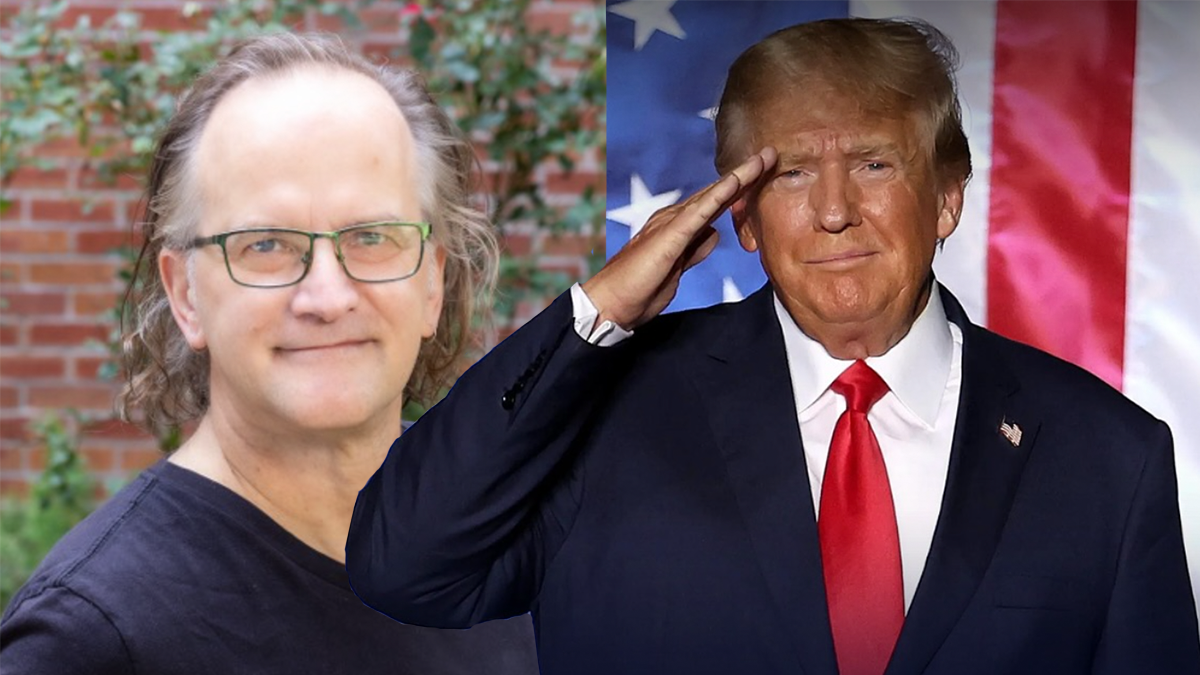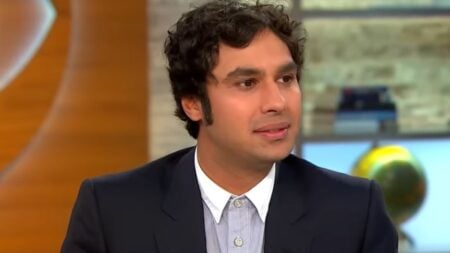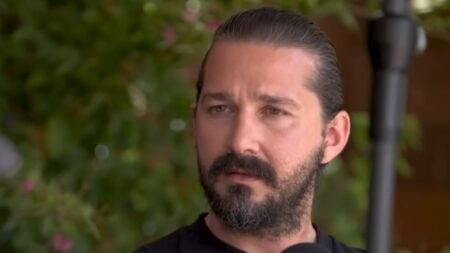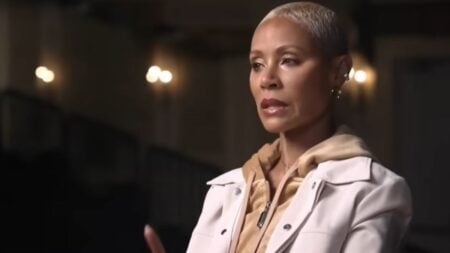Donald Trump‘s second presidential inauguration is just three days away, but the outgoing Biden regime is still facing its share of criticism. When two reporters questioned Secretary of State Antony Blinken about his complicity in the Palestinian genocide, they were forcibly removed from the press conference. For those concerned with the freedom of the press in American politics, it’s upsetting but not unexpected. Hostility toward journalists is nothing new in the U.S. Obfuscation and obstinancy dominated Trump’s first term and largely continued throughout Biden’s. With Trump set to soon step into the Oval Office for a second time, here’s the situation and what can expect to happen next.
Censorship and Restricted Press Access in the U.S.
Antony Blinken clashing with journalists isn’t new, but the ugliness of this incident is. Grayzone News reporter Max Blumenthal disrupted Secretary Blinken to ask about the Israel-Hamas ceasefire and the Palestinian genocide. The result? State Department aides intervened to remove him. They ultimately escorted Blumenthal out, but not before the journalist said his piece.
Why did you keep the bombs flowing when we had a deal in May? [….] Why did you allow my friends to be massacred? [….] How does it feel to have your legacy be genocide?
Not long after Blumenthal was removed, journalist Sam Husseini spoke up with questions of his own. He received similar treatment from the Secretary and his team. “Please, sir, respect the process,” Blinken told the reporter, while three security officers picked Husseini up and hauled him from the press area. “Respect the process?” said Husseini, as officers carried him out and handcuffed him.
Respect the process while everybody from Amnesty International to the ICJ [International Court of Justice] says Isreal is doing genocide and extermination? And you’re telling me to respect the process?
Antony Blinken’s refusal to answer tough questions from journalists isn’t surprising. Mike Pompeo, Secretary of State during Trump’s first term, also faced criticism for sidelining, silencing, and otherwise impeding reporters. This breed of political silencing seems likely to become even more prominent following Trump’s second inauguaration. During Trump’s first term, the president was at least somewhat restrained by his need to win reelection. That’s no longer the case, so it won’t be a surprise if the antagonism toward the presidential press pool (and reporters in general) only worsens from here.








